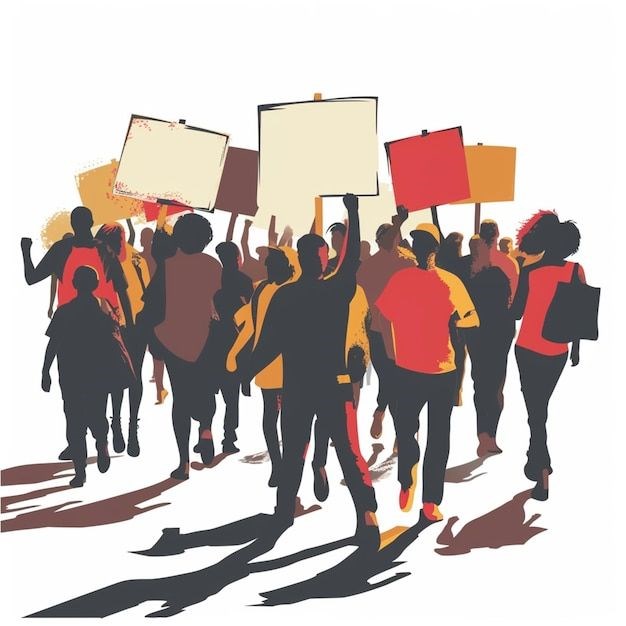Social media has acted as one of the biggest sources of social influence in the process affecting people's perception on political events, leaders and policies. Of particular interest, politically-oriented platforms such as Twitter, Facebook, and Instagram act as sources of news and platforms for discussions where some aspects of certain events are either boosted or discouraged. This has transformed political engagement in a way that makes it more timely and more popular.
One of the most significant contentious effects of social media is enhancing the dissemination of information which makes it possible for political news to cover millions of people in minutes. However, it means more fake news spreads fast given that false information can easily circulate on the internet before the truth can be discovered. The main argument of this article is that with the possibility to share material immediately the public forms an opinion before officials can formulate their reaction.
Another factor is the filter bubble since the users only tend to come across the information that they would like to consume. This is also endorsed by the algorithms of social media platforms that entail sharing the kind of posts that captivate users of social media and accordingly isolate users into their respective parts of the political spectrum. This results in social isolation resulting from limited exposure to opinions which are different from that of the user’s own.

Social media serves as a tool for promotion of activist campaigns and going against mainstream media outlets’ coverage. This is because political advertising, campaigns, and protests trends on hashtags and posts, which makes otherwise ordinary people participate in the discourse. Although this effect is quite promising, its negative impact is the result of misleading information being spread by interest groups and foreign actors.
Social media remains important in people’s lives while also having negative effects on political stability due to manipulation of people’s emotions. The public discourses on these matters are largely polarized and courteous and paint issue in black and white. As social media platform becomes a deciding factor in shaping the society’s perception, people should be guided into how to scrutinize the information keenly and avoid the biased reasoning.
Conclusion
In conclusion, Early childhood learning is a strong determinant of lifelong academic achievement instilling important thinking, interpersonal and emotional skills in the child. It enhances literacy, numeracy, critical thinking, problem solving skills as well as self-esteem, and flexibility. Here highlighting is argued that there are educational inequities that have to be eliminated, and children have to be prepared for future tests. It is important to focus on quality early education to achieve a strong and skilled society.